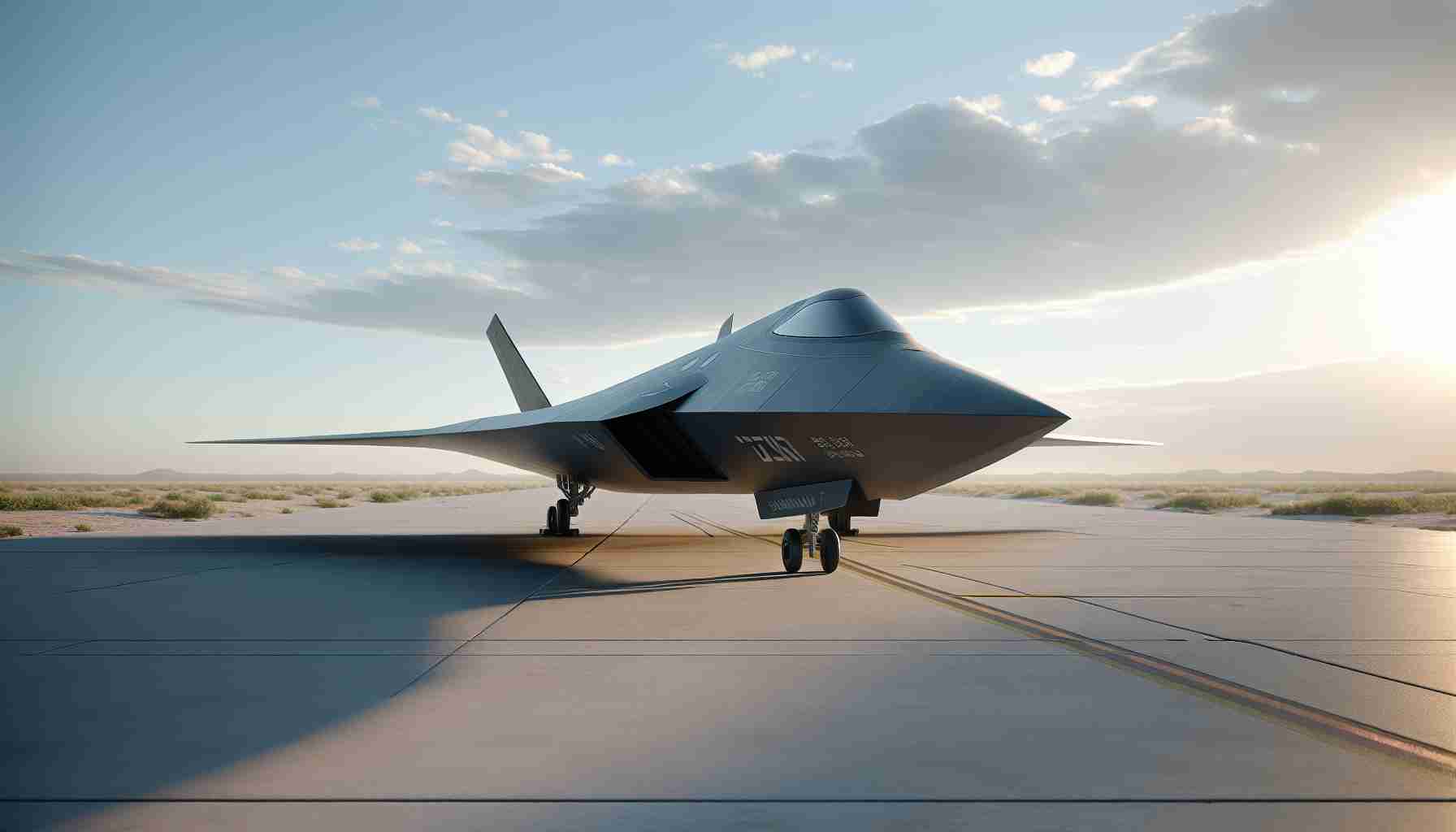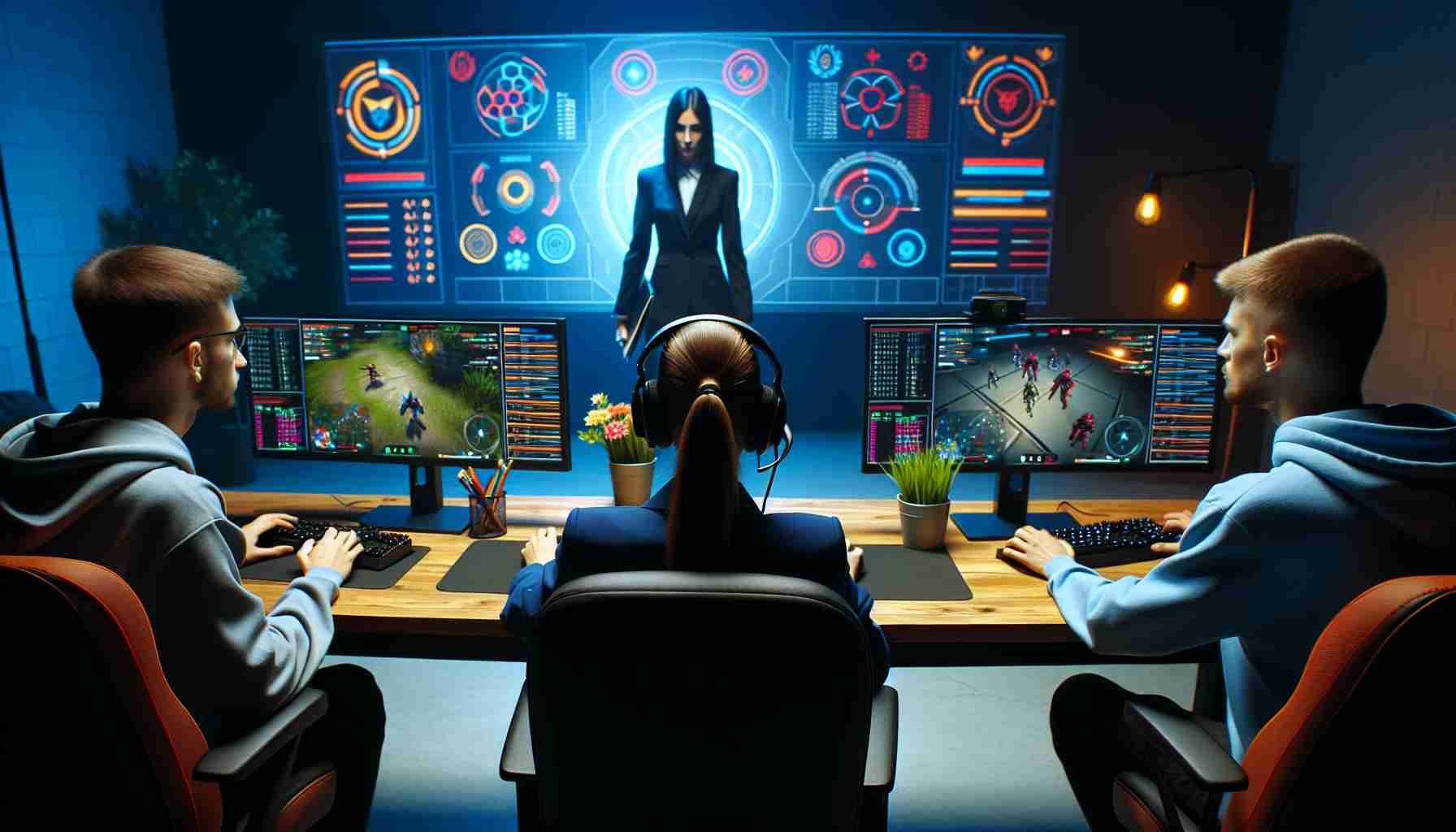A Glimpse into the Future of Work at Lisbon’s Tech Gathering
The recent Web Summit in Lisbon had one dominant focus: artificial intelligence, showcased through a humanoid robot, Digit, sorting laundry. This creation from Agility Robotics displayed AI’s advancements by interacting with people through Google’s Gemini AI model, sorting colorful T-shirts into a basket. Though not perfect, the demo received a highly supportive response, echoing the excitement AI is generating globally since the debut of ChatGPT.
Jobs Under Threat: A Changing Landscape
A major topic was the impact of AI on jobs. Attendees discussed whether displaced jobs could be replaced with new opportunities as technology advances. AI tools, like autonomous agents, are poised to handle basic tasks across various fields, potentially endangering entry-level jobs in sectors like law and finance. Lattice’s CEO, Sarah Franklin, highlighted the need for rapid education in AI skills to prepare the workforce, warning of a future where career growth becomes more challenging without adaptation.
The Environmental Cost of AI Progress
The conference also addressed AI’s environmental impact, specifically its energy demands. Speakers like Sarah Myers West of AI Now Institute warned about AI’s competition with communities for energy resources, citing examples where datacentres’ energy needs keep coal plants operational. Microsoft acknowledged this in its efforts towards carbon negativity, admitting to its daunting energy challenges.
Creative Fields vs. AI
The event spotlighted discussions on AI’s role in creative industries. Steven Knight, creator of Peaky Blinders, argued that while AI can assist, it cannot replicate human creativity’s unpredictable nature. The ongoing debate underscores the delicate balance between leveraging AI for efficiency and preserving the unique human touch in art and creativity.
How to Adapt and Thrive in an AI-Driven World
Artificial intelligence continues to revolutionize how we work and live. As we embrace this technological wave, it’s crucial to adapt and make the best of what AI offers while addressing the challenges it presents. Here are some tips, life hacks, and interesting facts to help you navigate this evolving landscape:
1. Embrace Lifelong Learning
With AI poised to handle routine tasks, there’s a growing demand for skills that complement these technologies. Consider enrolling in online courses to stay up-to-date with AI applications in your field. Platforms like Coursera and Udacity offer specialized courses on AI skills tailored to various industries.
2. Harness AI in Everyday Tasks
AI tools can enhance productivity and efficiency. Utilize AI-powered applications for organizing, scheduling, and managing tasks. For example, AI-driven tools like Trello and Todoist can automate reminders and optimize your workflow, freeing up time for creative and strategic thinking.
3. Prioritize Creative Skills
While AI is excellent at handling analytical and repetitive tasks, creativity remains a uniquely human trait. Foster your creative skills by engaging in activities that stimulate imaginative thinking. Whether it’s writing, painting, or brainstorming, these practices can enhance your ability to innovate and adapt to new challenges.
4. Stay Mindful of Energy Consumption
AI technologies demand significant energy resources, leading to environmental concerns. Adopt sustainable practices in your digital life, such as using energy-efficient devices and reducing data storage at home or in the workplace. Supporting companies that prioritize sustainability, such as Microsoft, which aims for carbon negativity, can also help mitigate the environmental impact of technological advancements.
5. Network and Collaborate
Connecting with like-minded individuals can open doors to new opportunities and insights. Attend tech events, webinars, or join online communities to collaborate and learn from others. Engaging with platforms like LinkedIn can expand your professional network and keep you informed about industry trends.
Interesting Fact: AI in Creative Industries
Despite the widespread adoption of AI, industries like the arts continue to value human touch. AI can assist in music composition, scriptwriting, and other creative tasks, but it struggles to replicate the serendipity and emotion inherent in human creativity. This underscores the importance of maintaining and valuing our creative inputs in an increasingly automated world.
Conclusion
As AI reshapes our world, it’s vital to adapt by acquiring new skills, embracing sustainable practices, and nurturing our creativity. By staying informed and proactive, we can ensure a future where technology enhances our lives while preserving the qualities that make us uniquely human.






















